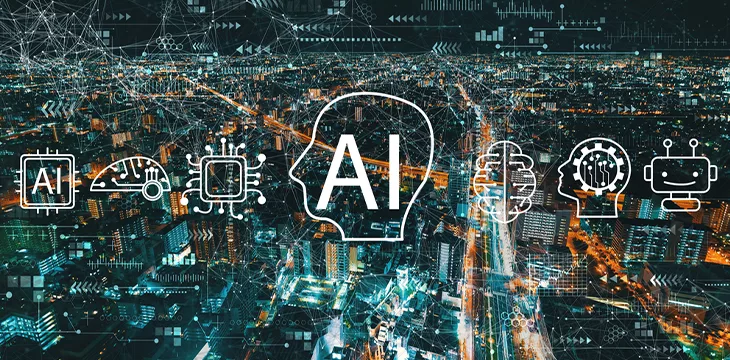|
Getting your Trinity Audio player ready...
|
While other regions flex their regulatory muscles for artificial intelligence (AI), Japanese regulators are loosening their grip over the local ecosystem in a valiant effort to attract investment.
According to a report by Nikkei Asia, the Far East nation is seeking to lure leading AI companies to set up shop within its borders by adopting a “regulatory-light approach.” Japanese regulators will favor industry-led oversight rather than proceeding with hard laws that are enforceable in the courts.
The newly minted AI Strategy Council is expected to lead Japan’s AI quest to be the most AI-friendly nation in the world but faces stiff competition from other jurisdictions. Apart from attracting investment, the flexible approach to regulation is expected to attract a swathe of AI experts to Japan to support the growing ecosystem.
“Japan is not thinking of implementing strict regulation, and there will be as few regulations as possible,” said the Chairman of the LDP’s project team on AI Masaaki Taira. “We are asked that question from overseas tech companies quite often.”
The new policy stance aims to foster industry-wide innovation in Japan following the turbulence that followed the European Union’s (EU) AI Act. Since the EU published its AI rulebook, several technology companies have attacked the regulation for stifling innovation with a raft of strict rules.
“The EU takes a very harsh view of big tech companies, including in AI, and wants to maximize protection of human rights,” said Ken Kumagai, a partner at KPMG.
Keen not to repeat the EU’s mistakes, Japan says industry players will run point on rulemaking, but consumer protections will still be given priority. So far, the friendly stance has yielded impressive results, with a number of North American-based companies launching operations in Japan.
OpenAI led the way by establishing its first-ever office on the Asian continent in Japan, buoyed by favorable government policies after meeting with its regulators. Microsoft (NASDAQ: MSFT) and Amazon (NASDAQ: AMZN) have since waded into the space with heavy investments to improve AI infrastructure in the country, with Google (NASDAQ: GOOGL) toeing a similar path.
Keeping an eye on partnerships
Despite the criticisms trailing the EU’s AI Act, some Japanese regulators are exploring the rulebook to improve local laws revolving around emerging technology. Japan is also probing a partnership with the U.S. to explore AI integration in new fighter jets while taking preemptive steps to prevent overreliance and bias.
To prevent a raft of AI issues, Japanese regulators are proposing a full-scale integration of AI with blockchain. The regulators opine that blockchain will be key in solving copyright issues while upholding the legitimacy of training data used by AI developers.
In order for artificial intelligence (AI) to work right within the law and thrive in the face of growing challenges, it needs to integrate an enterprise blockchain system that ensures data input quality and ownership—allowing it to keep data safe while also guaranteeing the immutability of data. Check out CoinGeek’s coverage on this emerging tech to learn more why Enterprise blockchain will be the backbone of AI.
Watch: Turning AI into ROI
Recommended for you
British lawmakers of the parliamentary national security committee have called for a temporary ban on political parties receiving donations in
Circle (NASDAQ: CRCL) soared in 2025 thanks to U.S. ‘regulatory clarity,’ but can this momentum survive a ban on crypto

 02-27-2026
02-27-2026 




